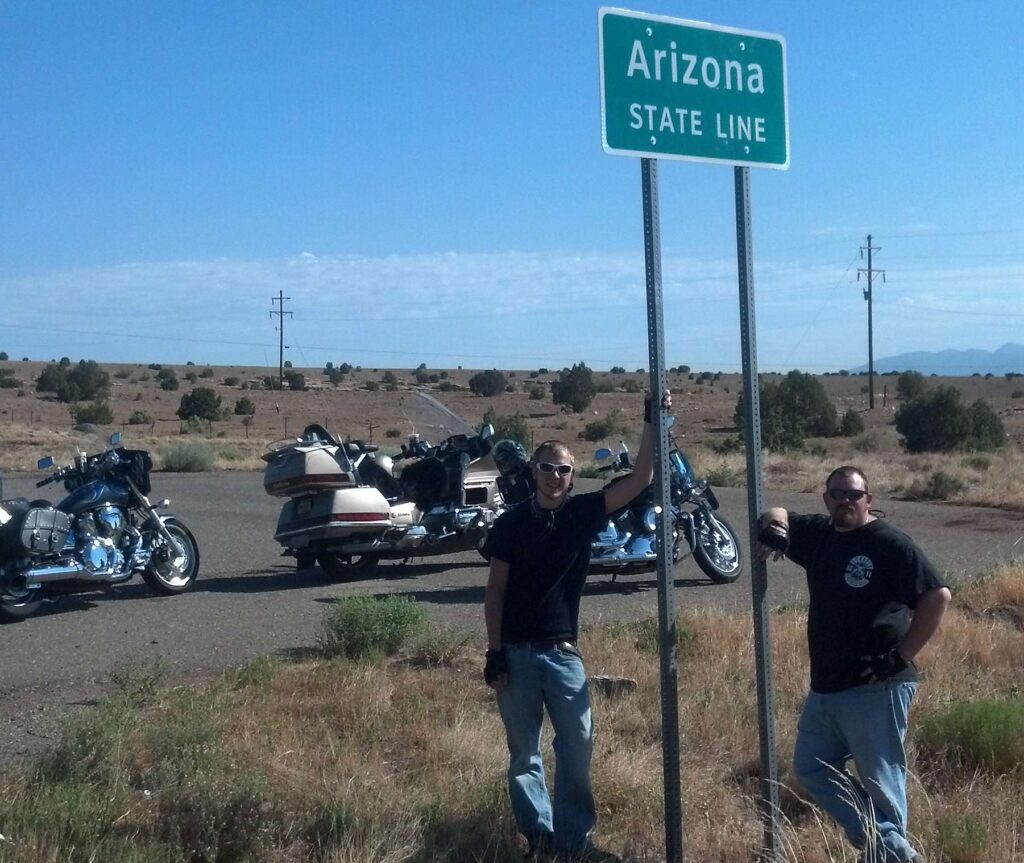I recently was watching a home movie of a motorcycle trip I took with my two boys where we traveled through seven southwestern states. As we rode through the hinterlands that make up much of this region, I recall being struck with a business epiphany. I shared this epiphany with my sons at a roadside picnic area about the role “personal options” plays in a person’s success in life and business.
I believe that one of the cruelest things we can do to someone is to squelch their desire to achieve. While we rode past dilapidated single-wide trailers with dirt yards littered with junk, I began to wonder why so many Americans could be satisfied living in such poor conditions. As hour after hour went by, I thought about the role social programs might play and the theory that I postulated is that access to more social program tends to leach away a person’s desire to achieve more. After all, if you can get your basic needs met without working for them and if hard work is no longer a guarantee of success, why not just take the easy path and accept what others are willing to give you for free?
Watching my two sons riding out in front of me, I considered this hypothesis with my own family dynamics. I considered how providing them with different financial safety nets growing up affected them. The older of my two sons (by 8 years) lived at home when I was working hard to build a successful business. He left our family nest when money was still tight and has remained relatively more self-sufficient and frugal since he never benefited much from a financial safety net. By the time my youngest son started high school, I had sold my business and our household budget afforded us the ability to spoil him. At the time of our motorcycle ride, he was less self-sufficient than his older brother was at the same age. He knew that if his pets needed surgery or his truck broke down that mom and dad would simply come to the rescue and bail him out.
After I shared this ah-ha moment with my sons during that ride and returned home, I began to curtail our own version of social welfare. I’m proud to say that since then my youngest son has moved from part-time to full-time work, taken on much more responsibility at his job, moved out of our basement to live in a townhouse, and recently got engaged to his girlfriend of nearly 10 years. Similar to the way government social programs have sapped many American’s desire to achieve, I believe our own family’s financial safety net sapped my younger son’s desire to achieve in much the same way. The epiphany I shared with my boys at the roadside picnic area is that “a man’s potential is limited by his options.” Faced with two paths, 1) work hard and have the potential for financial success or 2) don’t work while still having your basic needs met, too many people will choose the latter. Removing or ignoring the easy path can create the spark necessary for personal and business success.
Personally, I believe that to some extent the lack of a college education on my part reduced my employment prospects, giving me the incentive to explore my entrepreneurial options. Had my formal education credentials been on par with my working peers, I likely would have simply opted to seek employment when faced with being downsized rather than assume the additional risk and reward of entrepreneurialism.
In conclusion, if you are stuck trying to get your business off the ground or can’t seem to get it to the next level, ask yourself what self-imposed safety net do you still have in place that is preventing you from achieving your goal? Cortez destroyed his own ships, thereby removing the crew’s safety net, which in turn awakened their inner animal and allowed them to achieve great victories.
What safety net can you remove to help you achieve your goals?












